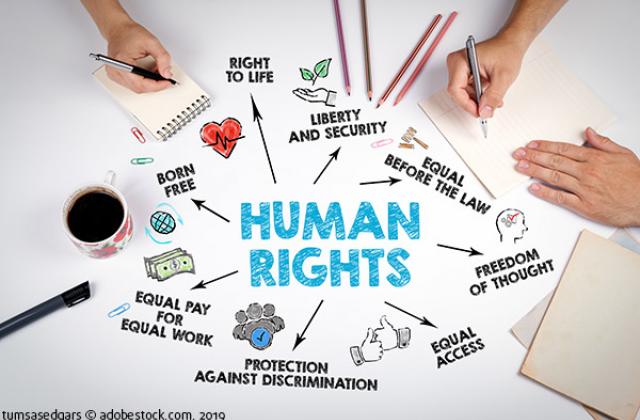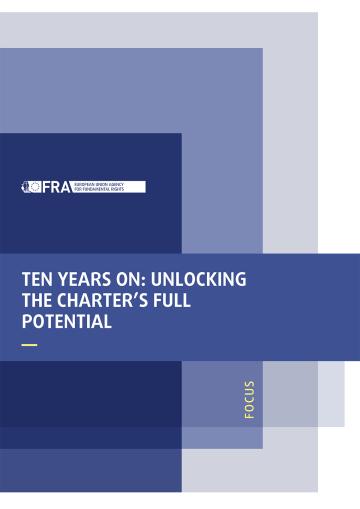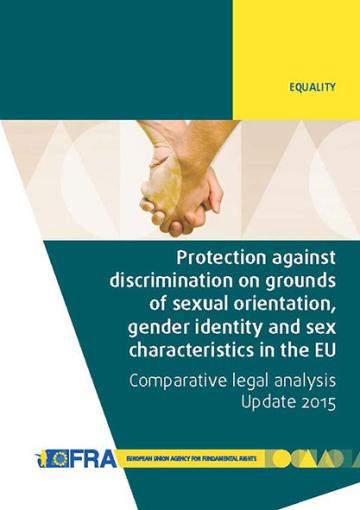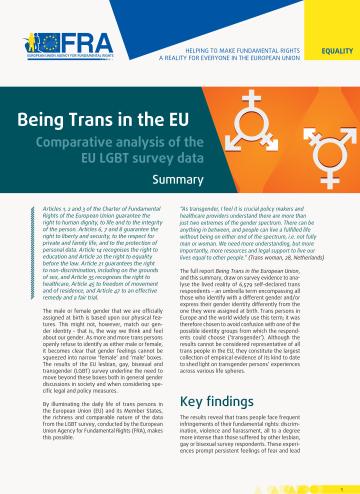Den ret, der sikres ved stk. 1, er den, der er sikret ved artikel 20, stk. 2, litra a), i traktaten om Den Europæiske Unions funktionsmåde (jf. endvidere retsgrundlaget i artikel 21, og Domstolens dom af 17. september 2002, sag C-413/99, Baumbast, Sml. I s. 7091). I henhold til artikel 52, stk. 2, skal den anvendes på de betingelser og med de begrænsninger, der er fastlagt i traktaterne.
I stk. 2 omtales den beføjelse, som Unionen har i henhold til artikel 77, 78 og 79 i traktaten om Den Europæiske Unions funktionsmåde. Heraf følger, at indrømmelsen af denne ret er betinget af, at institutionerne udøver denne beføjelse.










